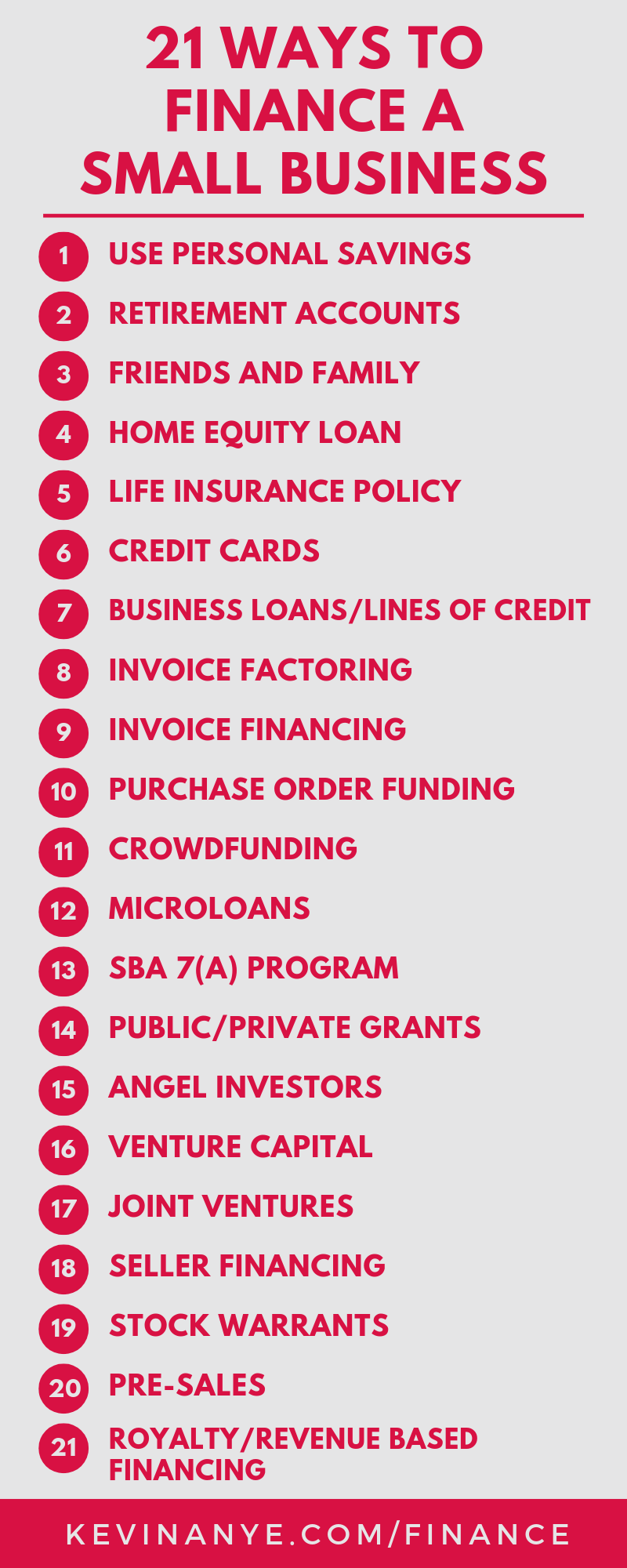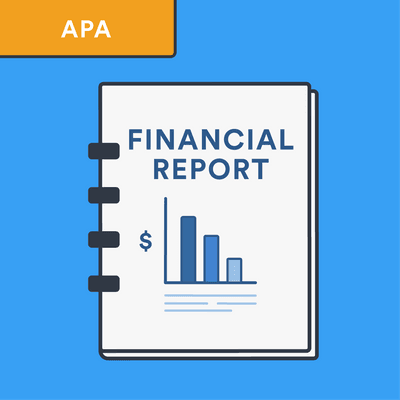50 to 0. 875 portion points higher than home loan rates for an owner-occupied home. An upside to funding an investment property is that home loan loan providers typically use 75% of the predicted rental earnings as part of the process to identify whether you receive the loan. You may still be able to utilize your villa as a financial investment property and gain some tax benefits, if you follow Internal Revenue Service rules. You need to reside in your 2nd house for more than 14 days or 10% of the time that it's available for lease whichever duration is longer. There are tax implications if you rent out your second house, depending on how often it's rented.
If you rent it for 15 days or more, you'll need to report the rental income when you file your yearly income tax return. You can likewise subtract rental costs, such as mortgage interest and maintenance, when you lease your 2nd house for a minimum of 15 days. A portion of your residential or commercial property taxes, energy bills and devaluation may likewise be deductible. Consult your tax professional to better understand what's at stake; they can offer more information and help you strategize your finest technique. Keep in mind to consider the expenditures you'll likely sustain to preserve your getaway home while leasing it out.
Not everyone is eliminated to be a polar bear. And if you're retired or work from another location, there's no need to thaw out your car every morning and bundle up like an Eskimo if you do not want to. Find out how to purchase a second house (and get a second home mortgage if you need it). Then hand out your snow blower and stop disliking winter. Buying a winter season home, whether it's a ski cabin for your family or a sunny escape from the whole cold season - can have its perks. https://franciscouapb952.godaddysites.com/f/getting-the-what-basic-principle-of-finance-can-be-applied-to-the You have a built-in place to remain when vacationing. Due to the fact that your savings remain intact, you're totally free to grow that money by making investments, or you can use the money for other purposes, such as paying for college or buying an automobile. If the equity in your first house covers the purchase cost of the 2nd house, then securing a home equity loan is most likely to be a cheaper choice than getting another home loan. You may be able to deduct the interest paid on home equity financial obligation, approximately $100,000. If you utilize money, you do not get a tax break. If the value of your very first house decreases due to changing market conditions or other factors, the lost equity could put you underwater on your first home loan.
Both your first house that you used as loan collateral in addition to your second home might be in jeopardy of foreclosure ought to you be unable to make loan payments. If you've just owned your house for a few years or the housing market in your location took a decline, you may not have enough equity in your home to cover the down payment for a 2nd house. You can't obtain versus your house again till this house equity loan is settled.
Owning a 2nd house can be a sound financial investment. It can also offer an invited retreat for the household when you require a break from the city. Nevertheless, funding a secondary residence is frequently more complicated than first-time purchasers anticipate. Lenders have more stringent financing requirements when it check here comes to the purchase of a 2nd home or vacation residential or commercial property, and that can make it harder for prospective purchasers to receive a mortgage. Beyond the questions of financing, there are likewise tax implications to be thought about in addition to a variety of secondary expenses that are unique to the purchase and ownership of a secondary house.

Getting My How To Cite Yahoo Finance Mla To Work
But for the purposes of funding, the 2 terms are not interchangeable. By meaning, a secondary residence is a home that the buyer means to occupy at various times throughout the year (What is a cd in finance). It may be a vacation cabin in the woods, and even a condo in the city, however for at least one month throughout the year it is owner-occupied. To certify as a 2nd home a residential or commercial property need to meet the following More helpful hints criteria: Property should be owner occupied for no less than one month out of the year Property need to be a single-unit residence Home should be kept appropriate for year-round tenancy Residential or commercial property need to be solely under the owner's control and not subject to rental, time-share or home management arrangements Financing a 2nd house is not completely dissimilar to financing your main residence.

The very same criteria use whether the house will be a primary or secondary home. That being stated, while the fundamental requirements in review are the exact same, the outcome can typically be very different for a secondary effort. For your benefit here is a list of loan providers offering competitive rates in your city. Lenders tend to be more conservative when it pertains to financing 2nd houses, so they anticipate borrowers to meet or exceed some particular monetary thresholds before they will think about approving the home mortgage application. Buyers aiming to finance a 2nd house requirement to have an especially strong credit history for their mortgage to be approved at a beneficial rate.
Depending on the lender, financing a 2nd house typically needs a greater down payment from the purchaser. Unlike a very first home mortgage where the purchaser can often get financed with just 3% down, lenders will desire to see at minimum 10% down on a secondary or vacation property. Greater still, if the applicant's credit report is in dispute or damaged. If the purchaser lacks the sufficient cash reserves to fulfill this threshold lenders will in some cases allow debtors to utilize the equity in their primary residence to comprise the shortfall. Buying a 2nd house means assuming a 2nd home loan, which puts the purchaser in a greater risk category.